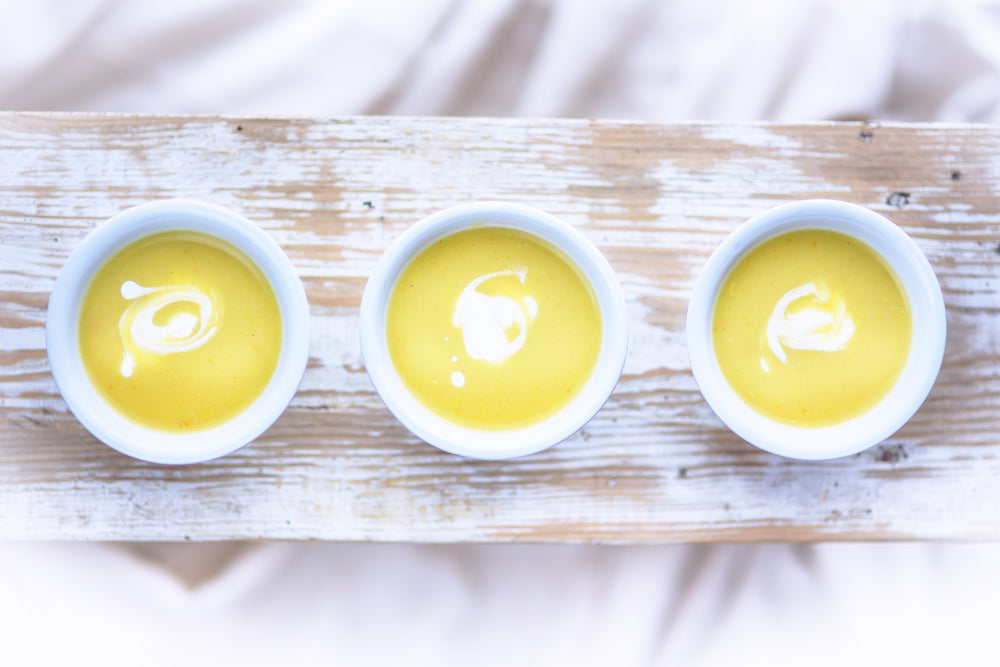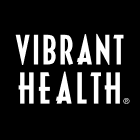
Benefits of Pre & Probiotics on Gut Health
Probiotics are a hot topic right now, and for good reason. They help keep us healthy. They reside on the skin, on urogenital tissues, and in the gastrointestinal tract. Everything we swallow, either friendly or dangerous, can only enter the body after crossing the linings of the gastrointestinal tract. The most important bacteria, for the topic of gut health, are Lactobacillus bacteria that live in the digestive system. They are also in some fermented foods such as yogurt and dietary supplements. We have always known they aid digestion by helping to break down proteins, starches, and sugars, and as research has grown, we have learned that certain of them synthesize vitamin K and vitamin B12. Poor diet is one of the main contributors to deficiency in both of these vitamins. When probiotics in the intestinal tract become deficient, digestion is one of the first body systems to become flawed. Supplementation with multiple probiotics can help.
The Importance of Prebiotics and Probiotics
There are many mechanisms by which probiotics enhance intestinal health, including stimulating the immune system, competition for limited nutrients, and ensuring the body can flush out toxins. The bottom line, they keep us healthy from the inside out. Supplementing the diet with multiple strains of probiotics, selected for their complementary attributes, is the best way to protect your gut health. And it is good to do every day. Research has shown that daily supplementation can increase the size and strength of colonies of probiotic bacteria in the intestines while shrinking and suppressing the size and viability of pathogenic colonies. (Both good and bad bacteria reside in the GI tract.) The human trials that revealed the impermanence of probiotic supplementation, turned on its head the former presumption that supplementation with probiotics for a specific period of time could permanently alter intestinal microbiota for the better. Instead, the trials showed that the established microbiological environment in the gut is resistant to change, but can be maintained in an improved state through continual supplementation.
What are prebiotics?
Prebiotics are the non-digestible part of foods like bananas, onions and garlic, Jerusalem artichoke, the skin of apples, chicory root, beans, and many others. Prebiotic fiber goes through the small intestine undigested and is fermented when it reaches the large colon.
- The fermentation process feeds beneficial bacteria colonies
- Helps to increase the number of desirable bacteria in our digestive systems that are associated with better health and reduced disease risk
What are probiotics?
Probiotics are beneficial strains of live bacteria that you can ingest through foods, beverages, and supplements. Probiotics:
- Counter harmful bacteria
- Support barrier function
- Contribute to the regulation of the immune system, both inside and out, by helping control inflammation and oxidative stress
What affects our gut negatively?
- Antibiotics wipe out all of the bacteria in our gut, including the good bacteria. When antibiotics are misused (not finishing or skipping days), it opens the door for bad bacteria to mutate to the point where the bacteria is no longer affected by antibiotics.
- Artificial sweeteners disrupt the guts microbiome and increases the risk of insulin resistance, diabetes, and skin disorders (acne) due to inflammation.
- Emulsifiers such as carrageenan, soy lecithin, guar gum, xanthax gum cause inflammation.
- Gluten, alcohol, and processed foods may also cause inflammation, especially if the person has an intolerance or sensitivity.
How do I know if my gut is compromised?
You may experience any of the following:
- Bloating, gas
- Frequent yeast infections
- Acne and other skin disorders
- Difficulty losing weight
- Get sick often
- Craving carbs and sugar
- You are constantly tired
What can we do to heal our gut?
- Eat and drink fermented foods like sauerkraut, kombucha, kefir, and kimchi which contain gut-healthy probiotics.
- Eat probiotics like onion, leeks, garlic, and bananas to feed your good bacteria.
- Drink an adequate amount of water, which hydrates your skin and flushes toxins from the body.
- Take a high-quality probiotic supplement with multiple different strains as they all have different benefits.
What can I do to maintain good gut health?
- Eat and drink fermented foods like sauerkraut, kombucha, kefir, and kimchi which contain gut-healthy probiotics.
- Eat probiotics like onion, leeks, garlic, and green bananas, sweet potatoes to feed your good bacteria.
- Drink an adequate amount of water, which hydrates your skin and flushes toxins from the body.
- Take a high-quality probiotic supplement with multiple different strains as they all have different benefits.
- Supplying key nutrients such as zinc, antioxidants (C, and E), fish oil, and the amino acid glutamine.
Still not sure where to start? We've compiled a short list of pre & probiotics for you here:
Probiotics
- Yogurt
- Pickles
- Sauerkraut
- Kimchi
- Kefir
- Kombucha
- Tempeh
Prebiotics
- Dandelion greens
- Garlic
- Leeks
- Onion
- Asparagus
- Banana
- Artichoke
If you'd like a more comprehensive shopping list to help you maximize your 28-day gut reset, you can find one here.
DISCLAIMER: This information is not intended as a substitute for advice provided by a competent health care professional. You should not use this information in diagnosing or treating a health problem. No claim or opinion in this blog is intended to be, nor should be construed to be, medical advice. If you are now taking any drugs, prescribed or not, or have a medical condition, please consult a competent physician who is aware of herb/drug interactions before taking any herbal supplements. The information presented herein has not been evaluated by the FDA or the Department of Health and is not intended to diagnose, prevent, cure, mitigate or treat any disease or illness.

Why Trust Vibrant Health?
At Vibrant Health, we’ve been pioneers in science-backed nutrition for over 30 years, formulating transparently sourced superfood supplements that prioritize real results. Our blog is an extension of that commitment—a trusted resource for expert-driven wellness insights.
Every article is crafted with nutrition expertise, backed by the latest scientific research, and reviewed by our in-house Certified Health Coaches and Product Educators. We break down complex health topics into practical, actionable advice—helping you make informed choices about superfoods, supplementation, and holistic wellness.As a brand that has earned thousands of 5-star reviews and the trust of health professionals, we ensure that our content reflects the same quality, integrity, and transparency as our products.
Your wellness journey deserves accurate, credible, and empowering guidance. That’s why Vibrant Health’s blog is here—to help you live a healthier, more vibrant life, backed by real expertise


